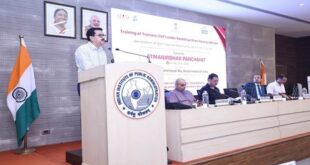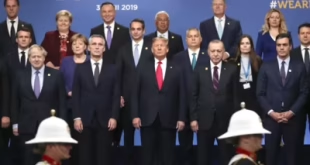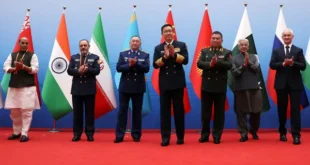- Protracted litigation in the name of combating forcible religious conversion is taking up valuable time of courts.
- The Supreme Court is hearing a purported Public Interest Litigation (PIL) seeking action to curb deceitful religious conversion in the country.
- Not wanting to be left behind, the Gujarat government is seeking the removal of a stay on a provision in its anti-conversion law that requires prior permission from the District Magistrate for any conversion done “directly or indirectly”.
- The Gujarat High Court had correctly stayed Section 5 of the Gujarat Freedom of Religion Act, 2003 (amended in 2021 to include ‘conversion by marriage’), while also staying the operation of other provisions that sought to cover inter-faith marriages as instances of illegal conversion.
- The High Court had noted that the prior permission requirement would force someone to disclose one’s religious belief or any change of faith, contrary to Supreme Court rulings that say marriage and faith involve an individual’s choice.
- In a strange claim, Gujarat argues that the stay on Section 5 is affecting even genuine inter-faith marriages that involve no fraud or coercion, as those who usually solemnise such marriages are unable to do so.
- This is based on a claim that the prior permission requirement obviates the need to question the genuine nature of the conversion, if any, consequent upon an inter-religious marriage.
- No one would buy the claim that the provision enables voluntary conversion. Freedom of religion is protected only when no questions are raised and no suspicion entertained based on the mere fact that an inter-faith marriage has taken place. Common sense would suggest that forcing someone to disclose an intent to change one’s faith violates freedom of conscience and the right to privacy.
- Also, when a separate appeal against the High Court’s interim orders staying the provisions is pending before the Supreme Court, there was no need for the State government’s petition seeking to revive the prior permission requirement as part of the ongoing hearing on the PIL against religious conversions.
- On the larger issue, the observations of a Supreme Court Bench headed by Justice M.R. Shah to the effect that religious conversion through “allurement” or charity work is a serious problem indicate an eagerness to goad the Government into coming up with anti-conversion measures on a national scale.
- It is questionable whether courts should entertain exaggerated allegations of rampant fraudulent conversions across the country, instead of leaving it to States to identify the extent of the problem, if any, and adopt steps to protect religious freedom and communal harmony.
SOURCE: THE HINDU, THE ECONOMIC TIMES, PIB
 Chinmaya IAS Academy – Current Affairs Chinmaya IAS Academy – Current Affairs
Chinmaya IAS Academy – Current Affairs Chinmaya IAS Academy – Current Affairs



